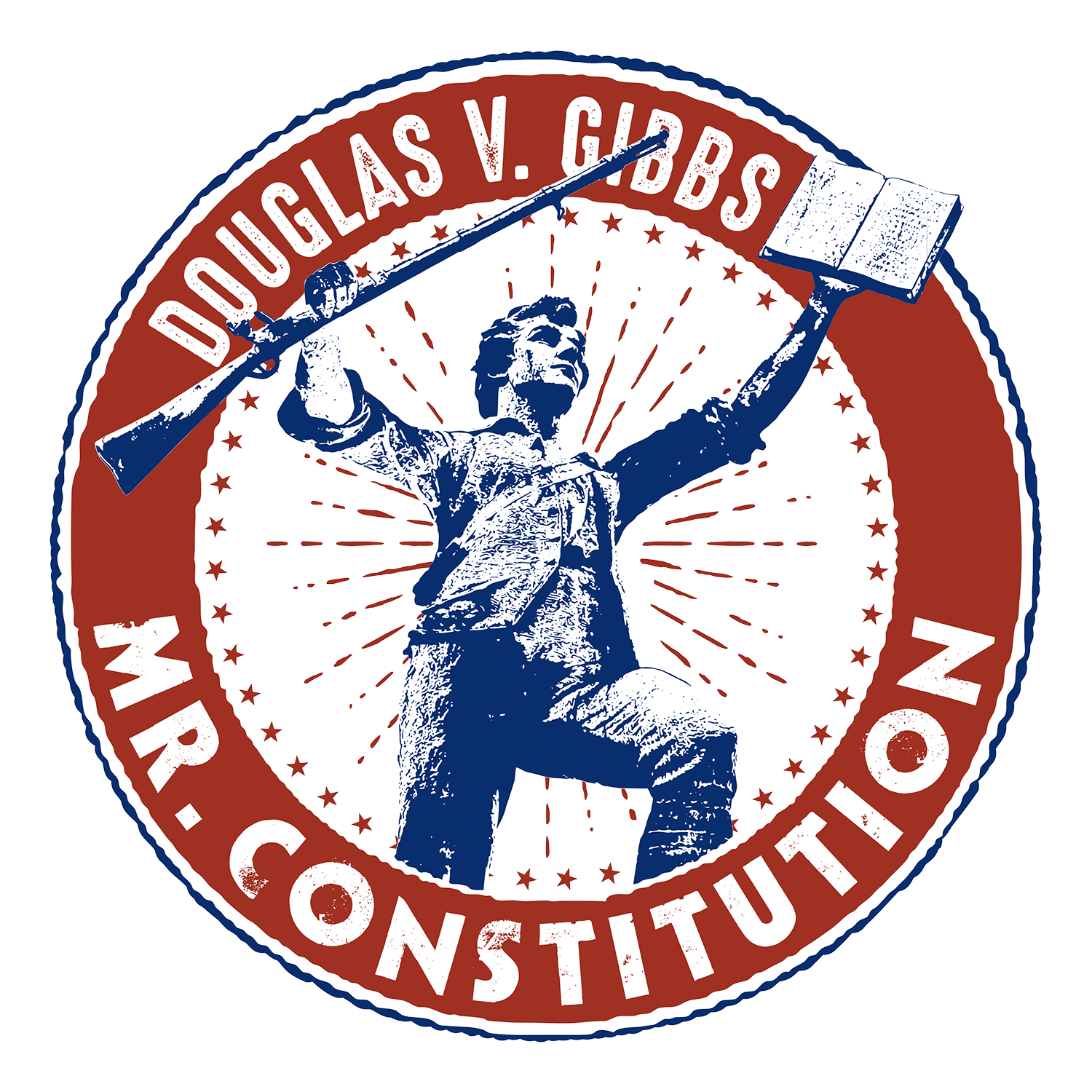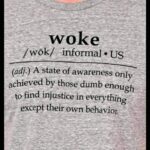By Douglas V. Gibbs
As a constitutional originalist, for me context is everything when it comes to our founding documents. One of the terms the federal judges like to use is, “after a plain text reading of the Constitution.” Plain Text Reading?
What if the plain text reading doesn’t match what was originally meant? And if we are searching for original meanings, how do we determine them? Modern interpretation without context?
There are six different categories when it comes to political or judicial opinions regarding the United States Constitution:
- Originalists – Those who believe the Constitution must be followed based on its original intent as intended at the time of the writing of it.
- Textualists – Those who believe the Constitution must be followed based on its plain language regardless of context.
- Broad Interpreters – Those who believe a broad interpretation of the Constitution may be used to define the language of the document because it is a living and breathing document. Typically, their interpretations support their ideology.
- Constitutional Revisionists – Advocates for major reinterpretation or overhaul of constitutional principles because the ideas and principles contain major flaws.
- Post-Constitutionalists & Legal Skeptics: Critics who argue the Constitution is outdated and incompatible with modern governance due to the lack of legitimacy or applicability of the principles in today’s system of governance. Therefore, it should be updated.
- Constitutional Abolitionists – Advocates for replacing or abolishing the Constitution, critiquing its principles as tools of entrenched power structures.
Context is only consulted by the Originalists. All of the others interpret as they please, regardless of context, typically in order to support their own political narratives.
Ever seen those sitcoms that have a scene where someone walks in during a conversation, but since they don’t know the context of what is being said they assume other things which then turn out to be disastrous for someone in the show? It’s funny in a television show, but it is catastrophic when it comes to American Liberty.
Earlier this week my wife and I vacationed in Yosemite, and on the way back while I was searching for a good music station along the coast not far from Sonoma and Napa in California I found one that was rock (which tends to be my preference, though I am typically fine with Country Western, as well) and when I looked at the label on my display, it read:
Rock
95.9
Country
Without context it was confusing. Was it a rock station? Country-Western station? The music I heard was a rock song that was roughly fifty years old, but it had a little bit of a country kick to it. Was it a cross-over hit? Was that what the station typically played?
The bottom line shifted.
Rock
95.9
Radio
Okay, a little more context. Definitely a rock station, though I still didn’t know what the word “country” was doing on the display a moment before.
Then it shifted again.
Rock
95.9
KRSH
Okay, a little more context. Did the display mean to say “KRSH Country Radio”? Perhaps the station considered its region of broadcasting “its” country. That kind of made sense…in a disconnected kind of way. So, from the context I had so far, the station was a rock station, whose call-sign was KRSH, and it considered its region its “country.”
One more shift of the bottom line appeared.
Rock
95.9
Wine
What? What does drinking wine have to do with music?
Then it went back to:
Rock
95.9
Country
Ahh. Now it made sense. Now I had full context. My display on the bottom line was only giving me one word at a time. But now that I had seen all of the words, I realized it read (or would have read if it wasn’t giving me one word at a time):
Rock
95.9
KRSH Wine Country Radio
Considering my location just to the west of Napa Valley (known for its wineries), and having the full context of the display, I understood fully what was being said, and what it meant.
Without full context, the likelihood is that a full understanding of the truth will not be known. With context comes truth,
So, anything other than originalism when it comes to the Constitution is seeking something that is not true. Full context is needed for the truth.
Hence, why originalism seeks full context, and why originalists are the only true constitutionalists.
— Political Pistachio Conservative News and Commentary


